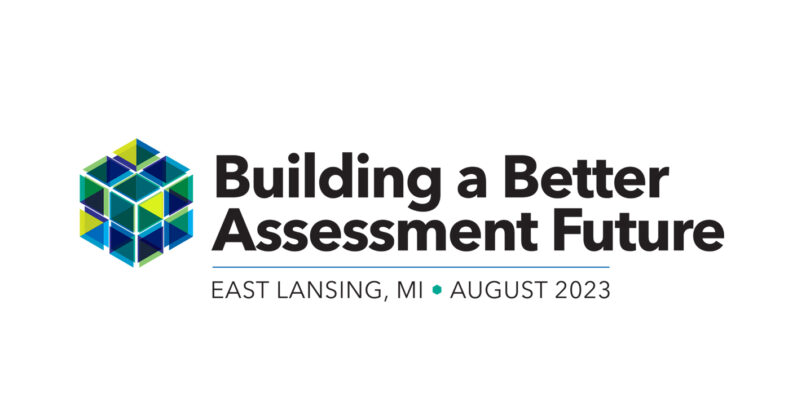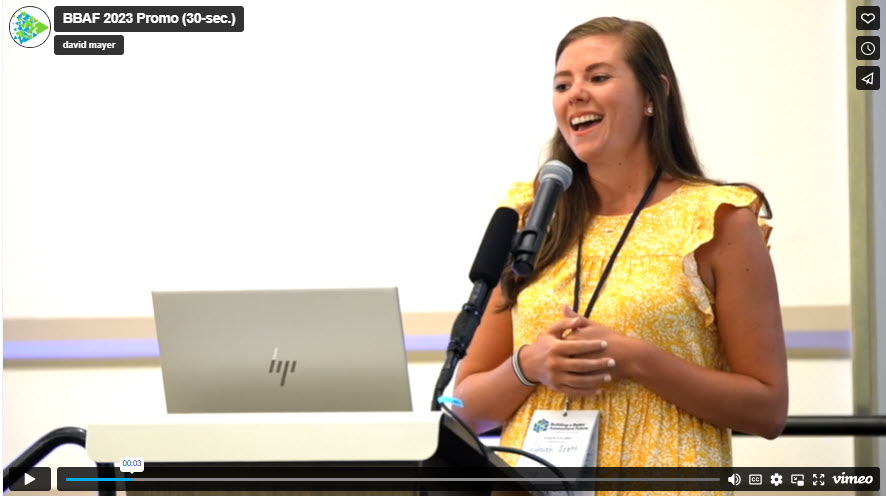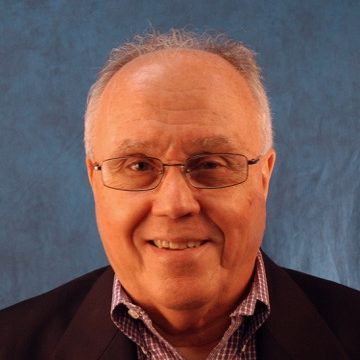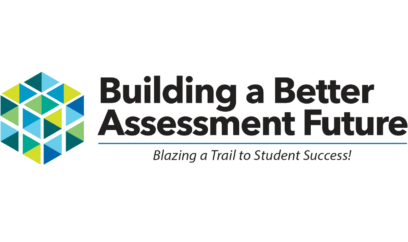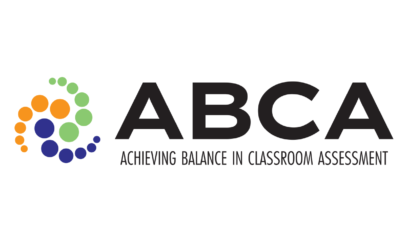Save the date for the 2024 Building a Better Assessment Future Conference- August 6-7, 2024- East Lansing, MI
Join us for the third annual Building a Better Assessment Future where we will dare to dream about an assessment system that supports all learners and step together into a future that starts today!
This in-person event on the beautiful MSU campus will feature keynote addresses by respected researchers and experts (see list below) that “dare us to dream” about research-supported assessment systems and practices that will truly support learning and inspire us to actions that build a better assessment future.
Each keynote will be followed by session blocks featuring Michigan school practitioners and leaders who will describe their current efforts to build this envisioned future through quality assessment practice and effective systems. We’ll explore together ways the future can start now in every classroom, school, and district.
topics will Include:
- New research on cognitive science and implications for our assessment systems and practices
- Ambitious teaching and formative assessment
- Aligned curriculum, assessment, and reporting practices that promote 21st century skills
- How assessment contributes greater equity in education
Who should attend? Educators and assessment policymakers at all levels will be inspired and enriched by the content presented. Participants who attend as district or building teams (3 or more members) will benefit from networking time and reflection tools. Teams should include stakeholders who are looking to implement solutions to assessment challenges and seek new opportunities to improve student learning through assessment. While participants are encouraged to attend with a team, individual educators will benefit as well.
Participant opportunity!
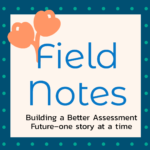 Once again, we are inviting participants to contribute “Field Notes”— TED-talk-like sessions describing a way in which you are putting your learning to work and building a better assessment future in your own sphere of influence. This popular feature offers a glimpse into real-world classrooms and schools where change is happening…even in small and incremental ways. Enjoy our Field Notes 2022 video to be inspired!
Once again, we are inviting participants to contribute “Field Notes”— TED-talk-like sessions describing a way in which you are putting your learning to work and building a better assessment future in your own sphere of influence. This popular feature offers a glimpse into real-world classrooms and schools where change is happening…even in small and incremental ways. Enjoy our Field Notes 2022 video to be inspired!
Interested in sharing? Tell us your Field Notes idea!
The conference, hosted by the Michigan Assessment Consortium in partnership with FAME (Formative Assessment for Michigan Educators) and Michigan Department of Education, aims to support district teams as they imagine a better future where assessment supports learning for all students and explore ways to step into that future today!
Presentation Video
Watch highlights from BBAF 2022 to see what you can expect!
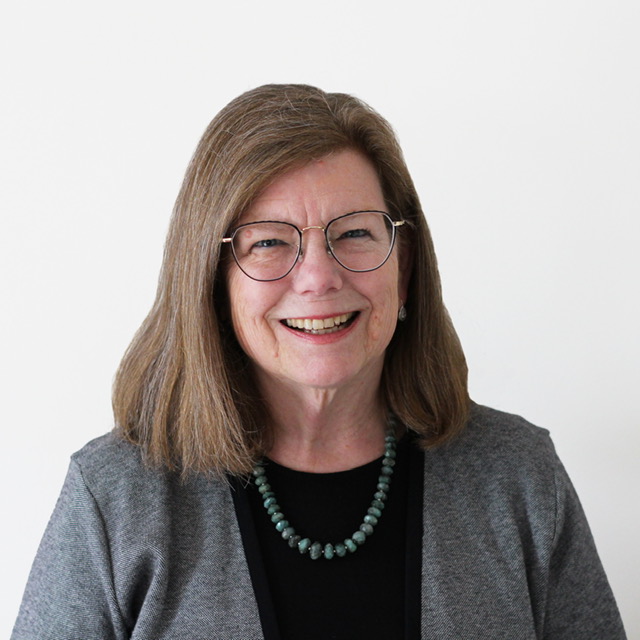
Presenter: Susan M Brookhart
SUSAN M. BROOKHART, Ph.D., is Professor Emerita in the School of Education at Duquesne University. She is also an independent educational consultant, professional developer, and author. Dr. Brookhart’s interests include the role of both formative and summative classroom assessment in student motivation and achievement, the connection between classroom assessment and large-scale assessment, and grading. Dr. Brookhart was the 2007-2009 editor of Educational Measurement: Issues and Practice, a journal of the National Council on Measurement in Education. She is author or co-author of twenty books and numerous articles and book chapters on classroom assessment, teacher professional development, and evaluation. She serves on several editorial boards and research advisory panels. She has received the 2014 Jason Millman Award from the Consortium for Research on Educational Assessment and Teaching Effectiveness (CREATE) and the 2015 Samuel J. Messick Memorial Lecture Award from Educational Testing Service.
Presenter: James Pellegrino
James W. Pellegrino, Ph.D., is Liberal Arts and Sciences Distinguished Professor, Distinguished Professor of Education, and Co-director of the Learning Sciences Research Institute at the University of Illinois at Chicago. His research and development interests focus on children’s and adults’ thinking and learning and the implications for assessment and instructional practice. He has published over 300 books, chapters, and articles in the areas of cognition, instruction, and assessment and has chaired several National Academy of Sciences study Committees, including the Foundations of Assessment, Defining Deeper Learning and 21st Century Skills, and Developing Assessments of Science Proficiency in K-12. Dr. Pellegrino was the lead researcher in the development of Michigan Assessment Consortium's guide to Early Literacy Assessment Systems that Support Learning.
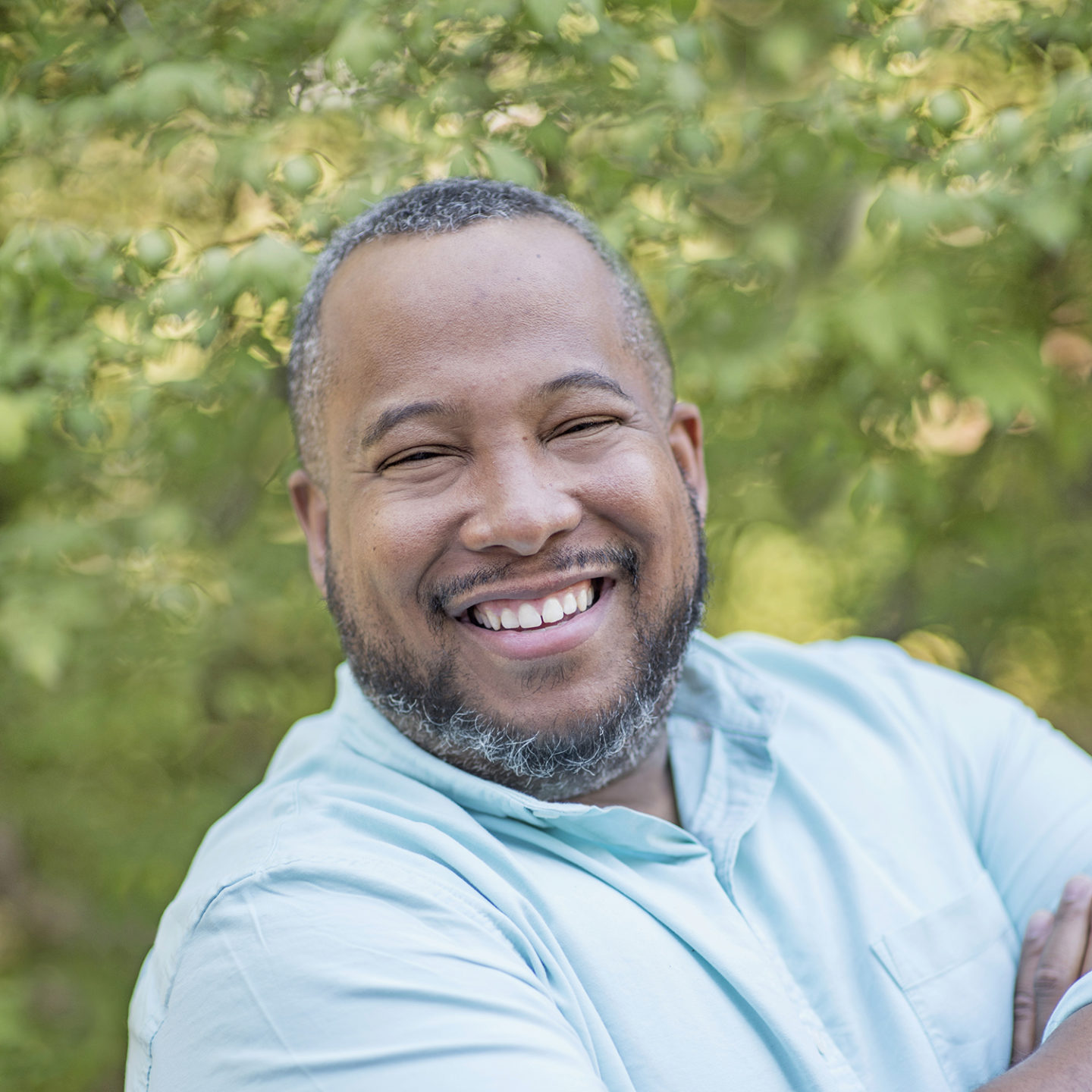
Presenter: Steven Snead
Steven Snead serves as the Supervisor of Curriculum & Assessment at Oakland Schools. His team is responsible for providing educators across 28 districts and 22 charter schools with professional learning, resource development, and consultation to support deep learning for all students. He is also a member of the Board of Directors for the Michigan Assessment Consortium, helping to promote assessment literacy across the state of Michigan. He’s given numerous local, statewide, and national presentations on assessment focused practices, including district assessment design, formative assessment, MTSS, and equitable assessment practices. Steven is a proud graduate of Cass Technical High School in Detroit. He holds a B.A. in Secondary Education from the University of Michigan and a M.Ed. from Wayne State University. He is currently a doctoral student at the University of Missouri, studying educational leadership and policy analysis. The focus of his research is exploring how education professionals use data in a variety of instructional decision-making processes and what factors influence those decisions
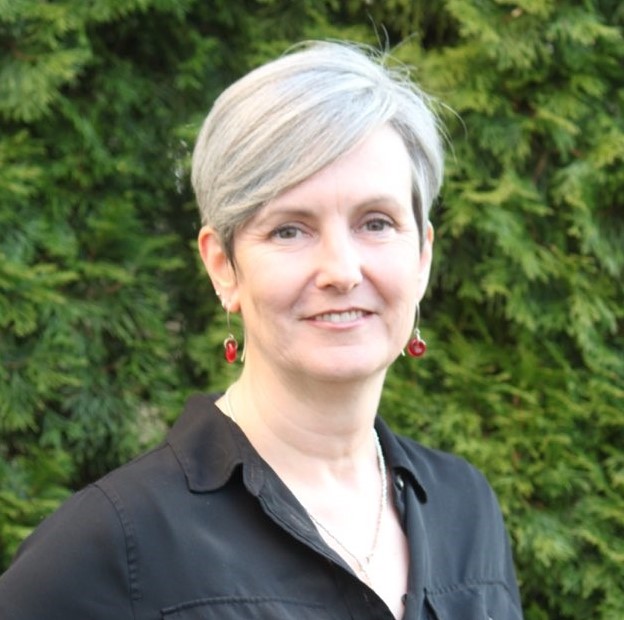
Presenter: E. Caroline Wylie
Caroline Wylie is a managing principal research scientist in the K12 Teaching, Learning, and Assessment Research Center at ETS. She holds an undergraduate degree in applied mathematics and physics, a postgraduate certificate in teaching high school mathematics and information technology, and a doctorate in educational assessment, all from Queen’s University, Belfast. Her current research centers on issues around balanced assessment systems, with a focus on the use of formative assessment to improve classroom teaching and learning. She has led studies related to the creation of effective, scaleable and sustainable teacher professional development, focused on formative assessment, on the formative use of diagnostic questions for classroom-based assessment, assessment literacy, and on the role of learning progressions to support formative assessment in mathematics and science. She is currently the principal investigator of project funded by the Institute of Education Sciences in issues of rater quality as it relates to formative classroom observations, and the relationship between observations, feedback, and changes to practice.


